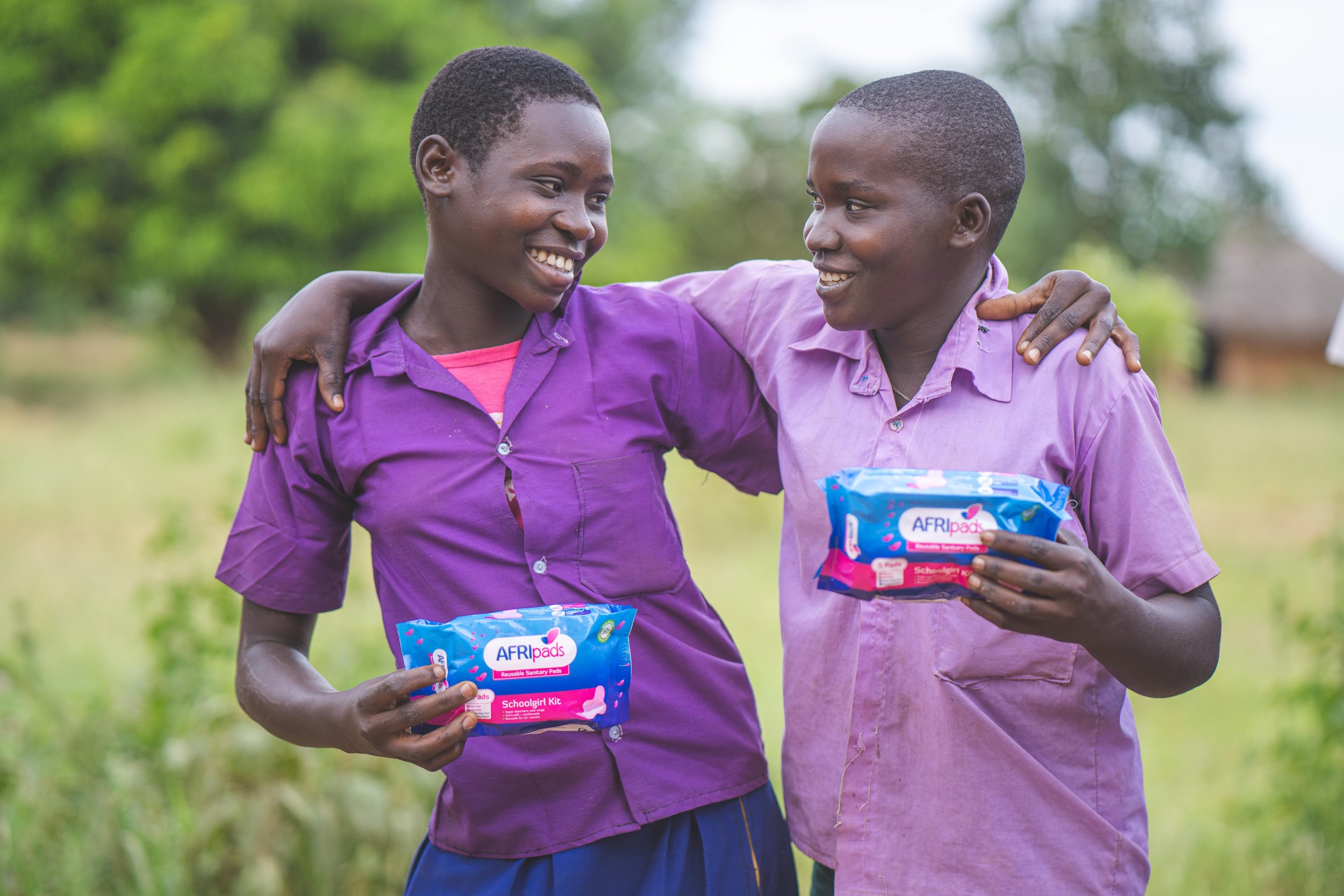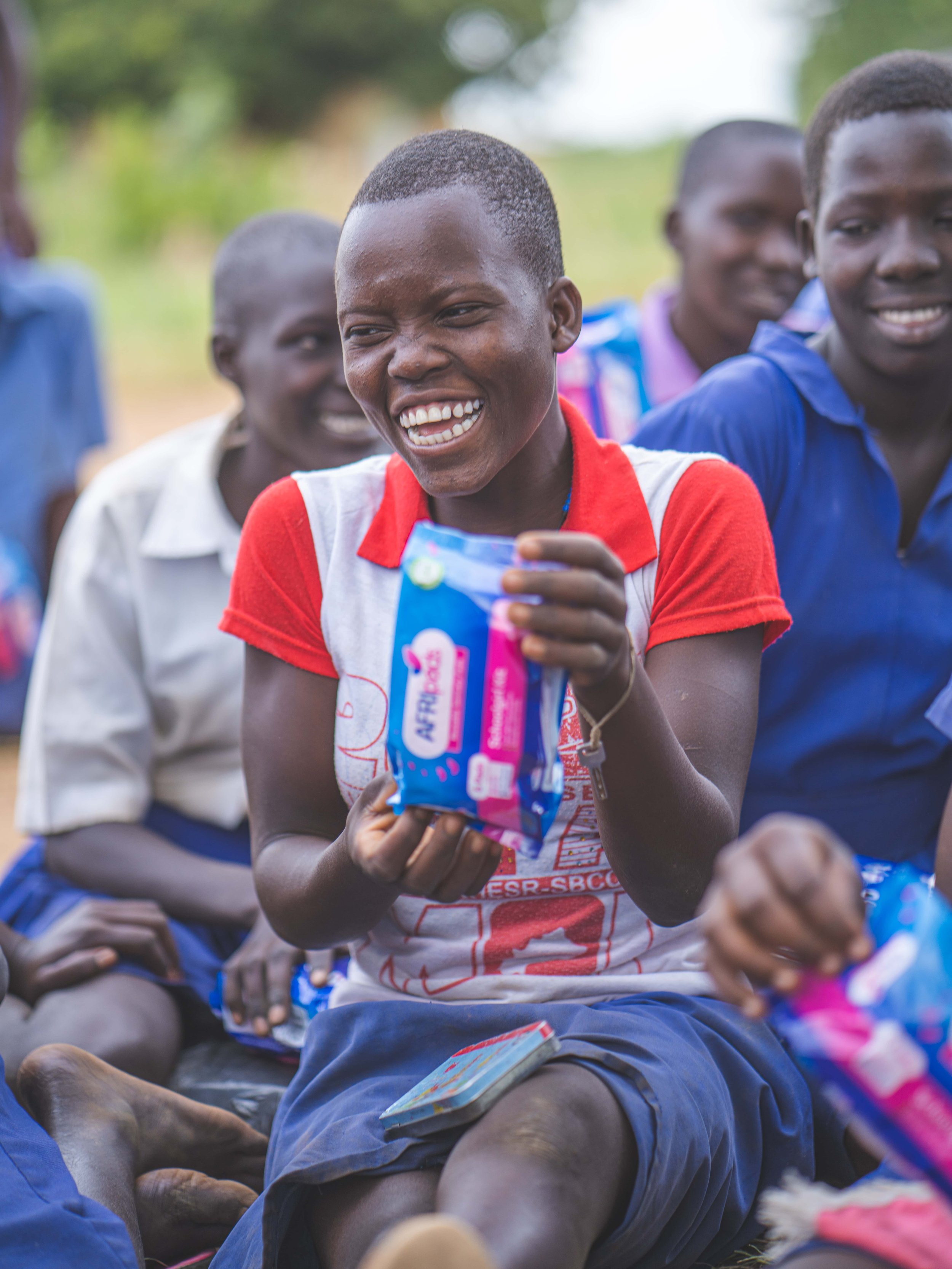“The shame we used to experience is no more” — The Life-Changing Power of a Menstrual Pad
In a meeting with our Board Chair, Dennis O’Connor, recently, he remarked: “I didn’t know about period poverty before I met Jayme and learned about Far Away Friends. I didn’t realize girls were missing school simply because of their periods.”
And it was a reminder to us: many people don’t know — or take for granted — the power of a menstrual pad. For girls in rural Northern Uganda, access to a single reusable hygiene kit that helps them manage their periods is the difference between going to high school or dropping out in the 7th grade; the difference between graduating college or becoming a child bride; the difference between breaking cycles of generational poverty, or becoming pregnant at 14 or 15 years old.
In Amolatar District, 46% of girls in school will become pregnant as teenagers, which leads to massive school drop out rates. Many girls without access to sanitary pads, rather than risk bleeding through their clothes at school, will stay home during their periods. This can cause a dangerous domino effect; a girl out of school might meet someone who tempts her to leave school for good and become a wife and mother before she can make it to high school, or she might simply fall so far behind in her studies that catching up feels near impossible.
Child marriage, increasing drop out rates, teen pregnancies, generations of cycles of poverty — all interrupted by one $5 menstrual hygiene kit.
This is why one of our most important programs at Far Away Friends is our AfriPad distribution project. We partner with AfriPads, a Ugandan-based organization that employs women locally to hand-stitch the reusable pads in their hygiene kits, and so far have provided these kits to over 500 girls in 3 partner schools in Amolatar District.
Recently, Senior Four student Etap Naume at Agikdak Senior Secondary School wrote a letter to us to tell her story, and outline the impact access to sanitary pads has had on her life. In part, she writes,
“Most of the girls in my school have a challenge attending and staying at school during that time of the month because we cannot afford to buy pads every month, so we end up making clothes that act like pads. You stay in class worried that anytime your clothes will get stained and sometimes you would rather not attend class because of fear.”
This is something anyone who has experienced a period can tell you: the fear of bleeding through your clothes — especially in middle and high school — is enough to keep anyone from attending class. While many of us in Western countries take access to menstrual hygiene for granted, the delivery of these AfriPads kits is a life-changing relief for many girls in Amolatar.
Etap Naume continues, “I was so happy when Far Away Friends brought pads that last for one year to my school. All my friends were so happy with the soft and comfortable AfriPads since it will not only improve my menstrual hygiene but also save me from fearing to attend school for a year. I therefore want to thank Far Away Friends for encouraging me to stay in school and kindly request them not to stop only in our school but also continue in other schools.”
Our pad distributions are also accompanied by a girl’s empowerment workshop, led by several local female leaders, and most often by co-founder Collines Angwech and her executive assistant, Ritah Omia. These workshops are held in the presence of male students as well, and emphasize the importance of girl’s education, and especially of not feeling shame around having a period. Collines and Ritah, as successful, college educated women from Amolatar District, are a living example to the girls at our partner schools that education can put them on the path to prosperity, and lead them to the life they have dreamed of.
At Far Away Friends, we know that when we give girls access to the resources they need to stay in school, we come closer to leveling the playing field between them and their male counter-parts, and begin to build a community in which girls are not just encouraged but expected to succeed. Furthermore, when we provide all students in rural communities with the resources they need, we come closer to leveling the playing field between them and their peers globally, who don’t think twice about their access to classrooms and teachers and technology.
You can read Etap Naume’s full letter here, and you can support our work and students like Etap Naume by becoming an Advocate.
Our Advocate community supports the purchasing of AfriPads for girls at our partner schools; by the end of 2022, they will have helped over 1500 girls stay in school. You can join them for as little as $5/month — less than this morning’s coffee — by clicking below.



